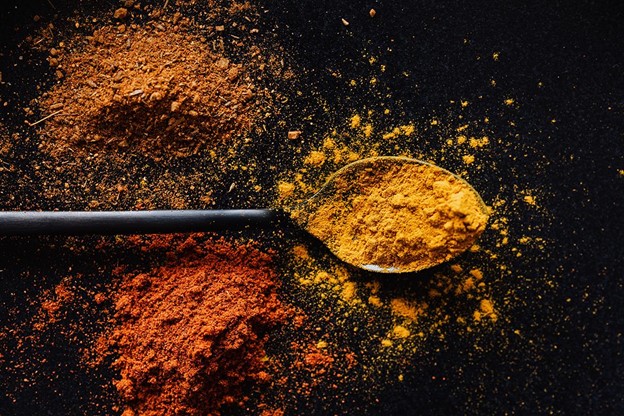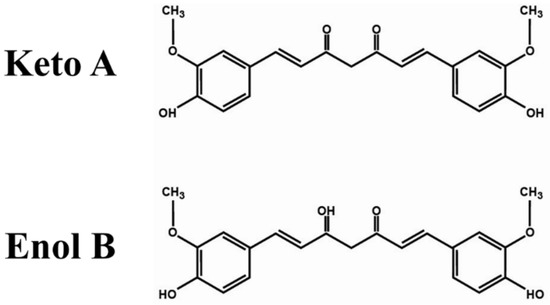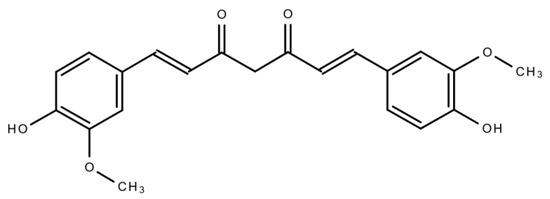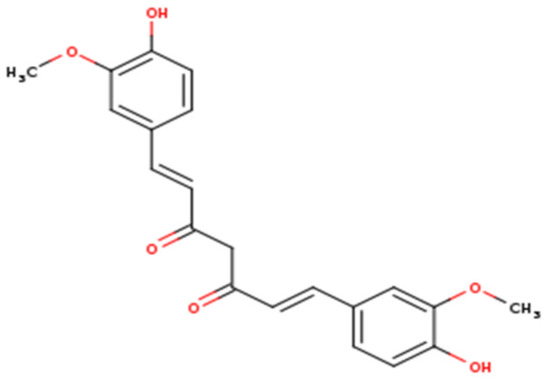
Curcumin
Curcumin is a bright yellow chemical produced by plants of the Curcuma longa species. It is the principal curcuminoid of turmeric, a member of the ginger family, Zingiberaceae. It is sold as a herbal supplement, cosmetics ingredient, food flavoring, and food coloring. Chemically, curcumin is a diarylheptanoid, belonging to the group of curcuminoids, which are phenolic pigments responsible for the yellow color of turmeric. Laboratory and clinical research have not confirmed any medical use for curcumin. It is difficult to study because it is both unstable and poorly bioavailable. It is unlikely to produce useful leads for drug development.






